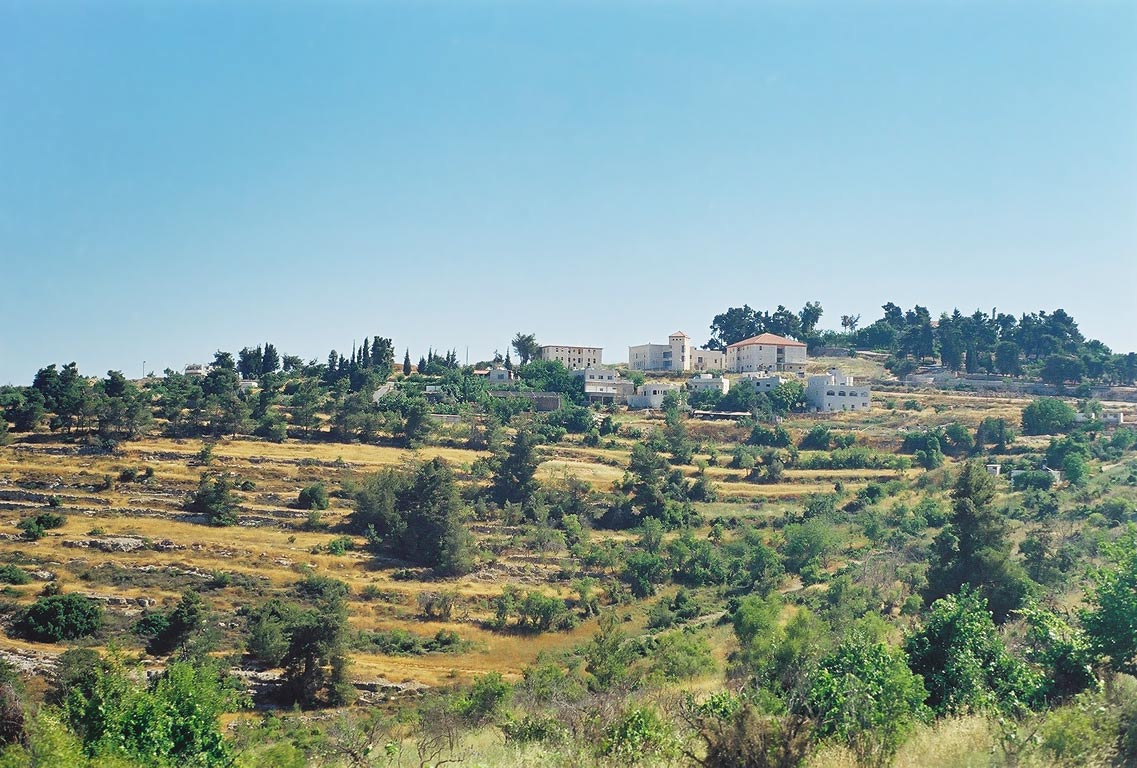Yesterday we went to the Jordan Valley, which has an Arab/Palestinian and an Israeli community living and working side-by-side, however, side-by-side does not imply house next to house. The Palestinians work for the Israeli’s and the Israeli’s go to the Palestinians to utilize the goods and services they have to offer. The Palestinians work for the Israeli’s because they receive better pay, benefits and working conditions, compared to working for the Palestinian Authority. They even get religious freedom in the workplace. Arabs who observe holidays can miss or work shorter hours, but receive full pay. Most careers in America don’t allow people to miss work to observe a holiday and students have conflict getting approval from professors. The Palestinians only want to work, make money for their families and go home peacefully. One place of employment in the West Bank employs about 70-80% Palestinian and the rest Israeli. When people promote the Boycott, Sanction and Divestment (BDS) of Israel or refuse to purchase products from the “occupied’ territory, they are harming the Palestinians that are employed in the West Bank.
We then spent Shabbat near Jerusalem in the West Bank called Nofei Prat. It was located on the top of beautiful Israel mountains. This community was really close even though they were a mix of religious and non-religious Jews. Our tour guide, who lives there with his family, reached out to his community to find families to take us in for Shabbat. We were either with two or three other students, spread out in the community. My family had five kids ranging from 8-17. They usually welcome their grandparents from different parts of Israel for Shabbat as well, so it was a big family. They showed us around and even took us to the synagogue to experience a religious Shabbat. We stayed in a Shomer Shabbat home, a family that religiously observes Shabbat so no technology, using electricity or even tearing toilet paper. We said prayers and ate an amazing, 3 course, homemade Shabbat meal with our welcoming families. We had great conversation further learning about their way of life in the community as they learned about our lives at home.
Aside from talking with the parents about their family, occupations, and their community, we got to speak with four different community members. We learned about why they live there, the pros and cons about it and how they got to this community. The main trend was how close the community was and how secure they felt. Families let their kids run free, knowing that they don’t need to watch their every move. The neighbors are running in and out and sharing meals together, which are all uncommon in America. They also loved not being in the city and paying less for their beautiful homes. One older guy shockingly said that we had a harder job on our campus studying and dealing with people that don’t like you or understand you over defending their country in the army.
It was the most amazing place I’ve been in all of my trips to Israel and would love to live there one day in my dream of making aliyah. It was amazing to not only meet and tour their community, but to actually stay with a family in Judea/Samria. It is completely different than how the media and anti-Israel supporters portray the West Bank. Our Friday and Saturday were well spent in our fight for Israel on campus. It was a unique experience I will never forget.
